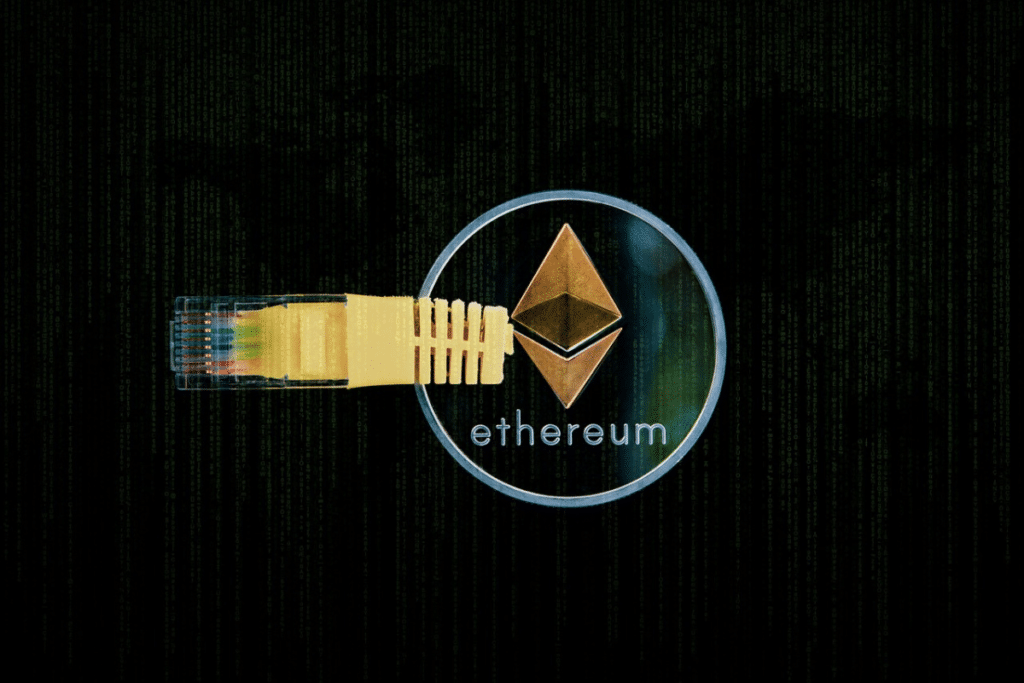Vitalik published an article discussing the current L2 EVM solution heavily relies on the mainnet EVM, and whether it would be possible in the future for the built-in ZK-EVM on L1 to be directly used by Rollups. He also described several possible implementation versions, explored…
— Wu Blockchain (@WuBlockchain) December 13, 2023
A
A
Ethereum: Vitalik Buterin Explores Direct L1-L2 Integration via ZK-EVM
Fri 15 Dec 2023 ▪
3
min read ▪ by
Getting informed
▪
Summarize this article with:
Vitalik Buterin, co-founder of Ethereum, explores the nuances of Layer-2 solutions in a visionary article. He particularly emphasizes the current dependency of L2 solutions on the main EVM. He also discusses the possibility of directly integrating native ZK-EVM on Ethereum’s Layer 1 (L1). The details!

Vitalik wants to redefine Ethereum L2 with ZK-EVM
About a month ago, we discussed the impact of backdoors on Ethereum rollups. Now, Vitalik is questioning the current dependency of L2 solutions on Ethereum’s main EVM.
In an article published on December 13, Vitalik Buterin indeed proposes a bold reflection aimed at transcending the existing limits of Layer-2 solutions. Currently, these solutions are tightly dependent on the Ethereum Virtual Machine (EVM) of the main network. However, Buterin envisions a transition towards a more direct integration with a native ZK-EVM.
This proposal raises fundamental questions on:
- the current design of Layer-2 solutions,
- the challenges inherent to such a pronounced dependency.
Exploring these implications offers insight into potential changes in how Layer-2 protocols interact with the Ethereum blockchain. This paves the way for more flexible and efficient solutions!
The envisioned versions of ZK-EVM
The potential evolution towards a dedicated ZK-EVM presents significant strategic and technical implications. In his article, Buterin precisely explores the reasons behind these choices. Also, he offers an in-depth perspective on how this technology could revolutionize the way smart contracts are executed on the Ethereum blockchain.
The multi-client philosophy in the context of EVM verification emerges as a central element of Vitalik Buterin’s discussions. He explores the advantages and disadvantages of multi-client systems, classifying them as “open” and “closed”. The crucial question is whether a multi-client system can provide a more resilient and decentralized solution.
Vitalik’s innovative ideas thus pave the way for a more transparent and robust Ethereum ecosystem. By inviting the crypto community to embrace innovation, direct ZK-EVM integration foretells a promising future for Ethereum’s blockchain technology.
Maximize your Cointribune experience with our "Read to Earn" program! For every article you read, earn points and access exclusive rewards. Sign up now and start earning benefits.
A
A

My name is Ariela, and I am 31 years old. I have been working in the field of web writing for 7 years now. I only discovered trading and cryptocurrency a few years ago, but it is a universe that greatly interests me. The topics covered on the platform allow me to learn more. A singer in my spare time, I also cultivate a great passion for music and reading (and animals!)
DISCLAIMER
The views, thoughts, and opinions expressed in this article belong solely to the author, and should not be taken as investment advice. Do your own research before taking any investment decisions.